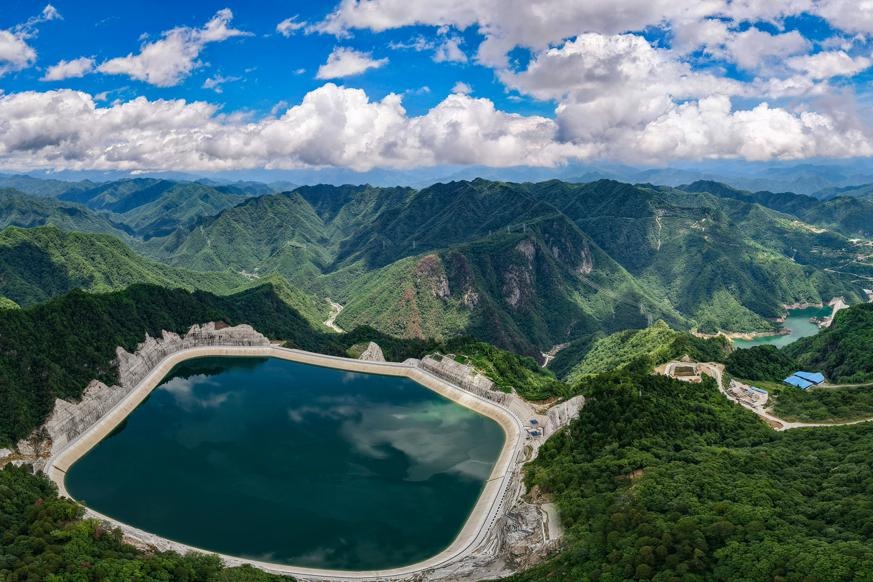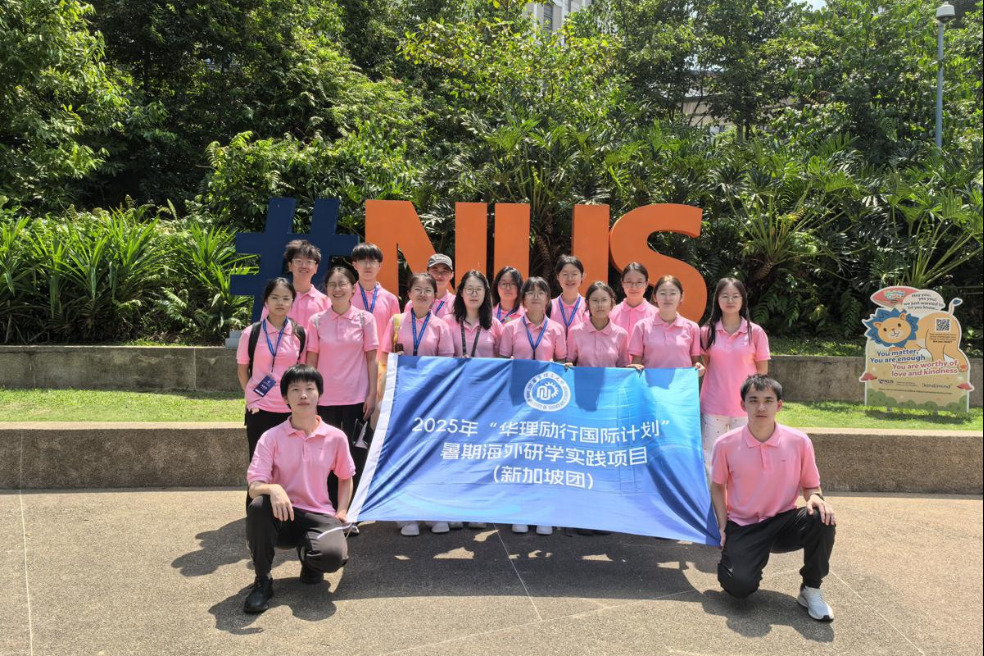Rebuilt farmland preserves incomes and ecosystems, establishing tourism


Liu Guangliang, deputy director of the county's forestry bureau, said grain output had not dropped as feared after large swathes of farmland were returned to nature.
"Less land meant farmers had to embrace a much more intensive farming practice, and adopt modern agriculture technologies," he said.
Liu added the improved environment has also greatly reduced soil loss from summertime downpours and disasters that, which also contributes to the increased grain output.
Reforestation has helped to free the labor from toiling on low-yield land in Wuqi, which is known for its high concentration of soil and alkali, instead enabling them to work in nearby cities to improve their income. It has also made Yan's village a scenic area featuring lush mountains, a vast lake and a cave hotel modeled after local folk houses.
Last year, Yan and his villagers established a tourism cooperative in the village, which so far has brought in some 140,000 visitors and 1 million yuan in revenue.
"We are planning to expand the parking lot and improve the catering service so as to attract more visitors," he said.
- Scorching week forecast for various parts of country
- Young filmmakers' project paints multidimensional portrait of China
- Rare 1938 Guangzhou bombing photos to debut in August
- Power station solves renewable energy intermittency
- China appoints senior official for Hong Kong, Macao affairs
- World-first study analyzes minerals on far side of moon





































